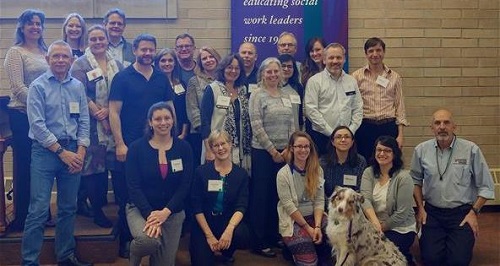How ethical are your rabies control efforts?
- Community News
- Policy and advocacy
Rabies control involves many ethical issues around free roaming animals, which may not be consciously considered during planning and implementation of rabies programmes. These issues can include obtaining consent from owners of free roaming dogs, provision of treatment for other diseases, preventing unnecessary pain and stress during the vaccination procedure, provision of accurate information to the community to enable them to take appropriate action, decisions around euthanasia, and many others.
The Alliance for Contraception in Cats & Dogs (ACC&D) recently hosted a Think Tank on Ethical Decision-Making in Innovation for Animal Welfare with the participation of philosophers, bioethicists, field practitioners, social workers, academics, and veterinarians. This think tank aimed to address the lack of existing ethical guidance in decision making while conducting field interventions on animals. It arose as a direct result of ACC&D’s field projects, including one on contraceptive vaccines and one on identification of non-surgically sterilised dogs and cats, and it has wide-ranging relevance to any field intervention involving animals, including rabies control. Deepashree Balaram of GARC participated in the think tank, which was held from February 15-17 this year.

The think tank resulted in a number of recommendations and first steps towards different projects around this issue, including workshops around ethical decision making and moral dilemmas for animal shelter staff, an ethical decision making tool, and a guidance document for field veterinary research.
As an initial output, a list of ethical questions and considerations for field interventions has been published. This document contains much of value for all stakeholders in rabies control programmes, particularly those involved in community initiatives.
Contributed by Deepashree Balaram, Director of outreach for GARC. Access the full think tank report, a literature review on the subject, and much more is available on the ACC&D website.